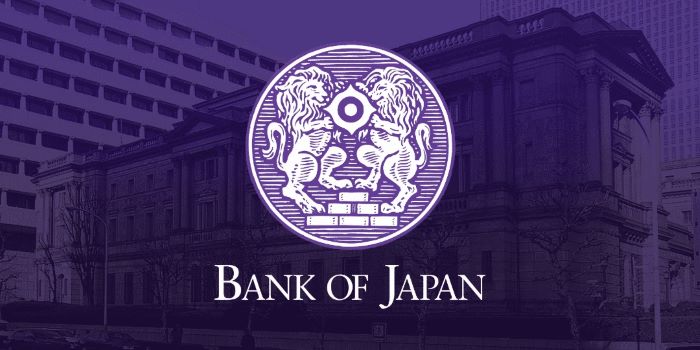Japan’s central bank ends years-long negative interest rate policy
 The Japanese central bank has on Tuesday decided to end its years-long negative interest rate policy.
The Japanese central bank has on Tuesday decided to end its years-long negative interest rate policy.
Following a two-day meeting, the Bank of Japan (BoJ) decided to slightly raise the range for short-term interest rates to between 0 per cent and 0.1 per cent.
Ecobank, Afreximbank, AFC sign $250m bridge-to-bond loan facility
With the first rate rise in 17 years, the BoJ is the last of the world’s major central banks to abandon its policy of negative interest rates.
It first introduced the policy course in 2016 in the fight against deflation.
The bank’s goal of achieving stable inflation of 2 per cent is in sight.
According to economists, the change signals the start of a normalisation of monetary policy, although this is likely to be slow at best given the uncertain inflation outlook.
The BoJ’s previous policy differed to other central banks’, which have raised interest rates sharply over the past two years in order to combat inflation triggered by the Coronavirus pandemic.
The war in Ukraine has led to supply chain problems.
The Japanese central bank’s ultra-loose monetary policy contributed to a rapid fall in the value of the yen.
The consequences hit households hard, putting the central bank under increasing pressure to take measures to curb inflation.











